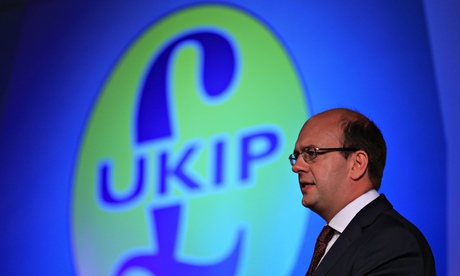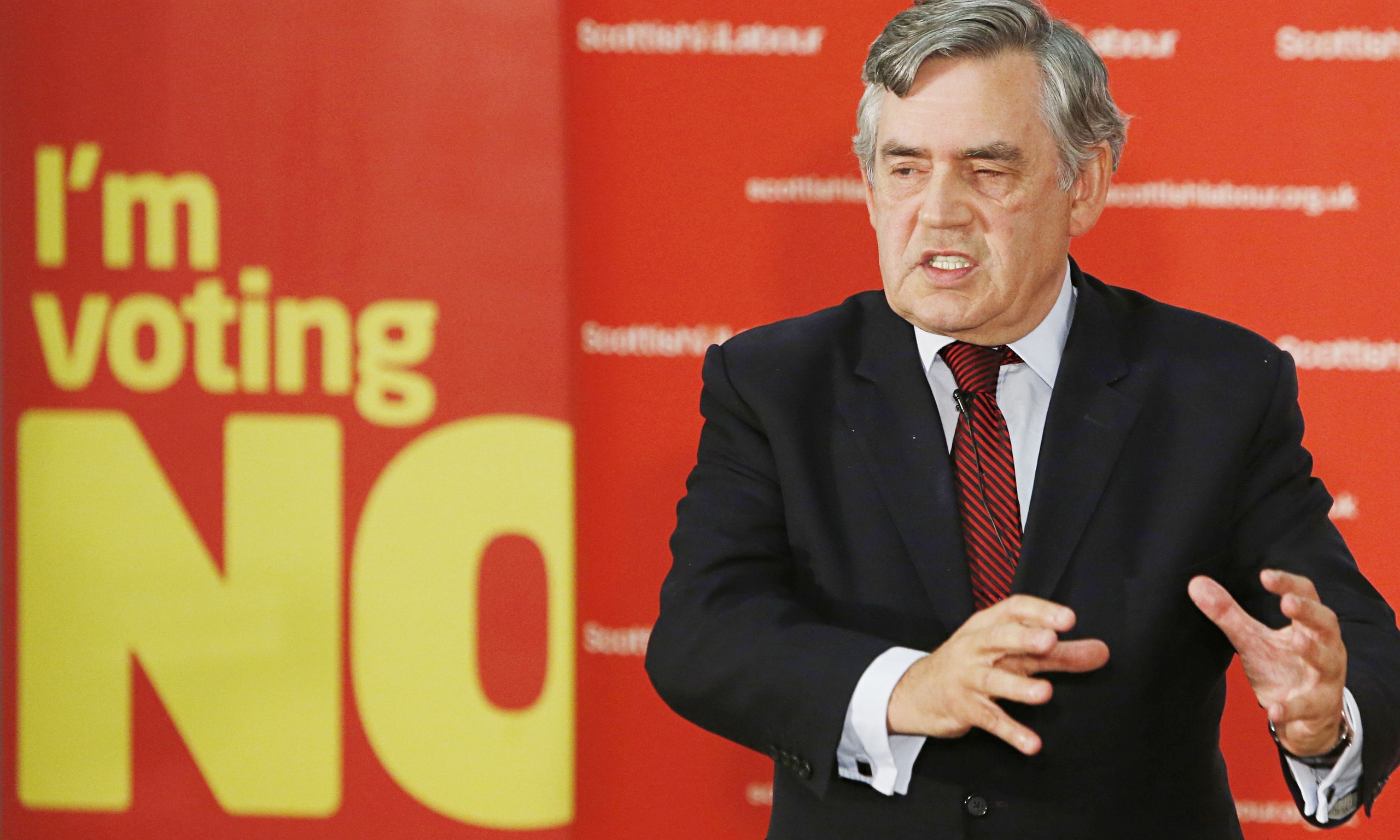 |
| A gluttering snodgripe, recently |
Mark Reckless is a ‘gluttering snodgripe’, a ‘flouty pelmvessle’ who should be ‘hodded into solulence’. Not my words, but those of the 'legendary Jim Hill', or @jamesworse, who appeared briefly in a Michael Crick film on Channel 4 News this evening after being asked about the former Tory MP for Rochester and Strood who has defected to those 'agents of change', Ukip. It can be seen here, the best bit starts 34 seconds in).
And really, it's hard to disagree with the sentiments. It is all very well for Grant Shapps to tell the Conservative Party Conference that Reckless ‘lied and lied and lied again’ – and coming from Michael Green, some might think this is a bit rich anyway – but had the Tory party chairman used the language above he would have garnered a bit more attention.
For James Worse, with these nonsense words and neologisms (think Jabberwocky, William Archibald Spooner and Polari), expressed the opinion of the Tories, and so many other people, much more succinctly and accurately than anyone else. Forever, to me, Reckless will be a 'gluttering snodgripe' (a twist on 'sodding guttersnipe' perhaps?) no other comment, worthy or otherwise, can hope compete. It should appear on his political epitaph.
And as he told me earlier this evening:
For all the brutal cunning of Denis 'like being savaged by a dead sheep' Healey and lyrical theatricality of Michael 'semi-house trained polecat' Foot, this must ranks as one of the most dismissive, contemptuous, descriptions of any MP ever uttered.
Far more nonsensical than any of these phrases is Mark Reckless' belief that his dream of leaving the EU is likely to be brought forward by joining UKIP, than if he had stayed with the Tories. His defection, along with Douglas Carswell's, paint a picture of a political party that is still fracturing from a fissure that has been painfully widening now for more than 20 years. More than ever, it looks like Ed Miliband's Labour Party will win the next election more by accident than by design, and if the recent polling by Lord Ashcroft and the latest from ComRes for ITV News is anything to go by, with a majority.
As for, Mr Worse - who performs 'experimental sound improvisation like 'Shrivelled Mole' below - according to his Facebook page, he is 'writing an on-going epic, entitled "Flark of the Dandibus"' which he hopes never to publish, but 'instead for it to exist only in performance - like they used to do by the fire in longhouses, in the good old days'. I can't wait to attend such an occasion.
Update
We've just had to endure George Osborne's speech and this is what Mr Worse thinks of the Chancellor of the Exchequer:


